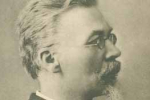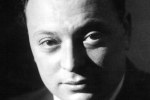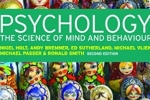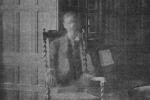Psi research has been carried out in the Netherlands since the early nineteenth century, and has been characterized by a recurring clash between qualitative and experimental methods.
General Psi Topics
An unconvential explanation of psi based on quantum mechanics, in which psi works not on events directly but rather on the invisible underworld of quantum probabilities.
Describes how psychology textbooks persistently misrepresent the field of parapsychology, indoctrinating psychology students with unwarranted negative perceptions.
How could a deceased person view events in the physical world in the absence of a body with sense organs? Philosopher Stephen Braude considers the difficulties that this problem poses for proponents of postmortem survival.
Attempts have often been made to catch paranormal events on film and video. As proof of their occurrence, such images are usually vulnerable to claims of misinterpretation, poor practice or fraud.
Explores the nature of souls, afterlives, and possible gods that would be compatible with modern physicalist science.
A branch of psychical research in which documented cases are analysed to determine whether, and to what extent, they stand as evidence of survival of mind and personality after bodily death.
Is a precognitive dream caused by the event it foresees in the future, creating an effect in the past, or other there other, more reasonable ways of interpreting the evidence? Philosopher Stephen Braude examines the alternatives.
There was significant scholarly interest in psi in France at the start of the nineteenth century and again a century later, although the study of psi has never become as established there as in other countries. This article traces its development, from the early days of ‘animal magnetism’ to the present day.
Describes key organizations and individuals involved in psi research in the US and Canada, from the field’s beginnings in the 1930s to the present day.











